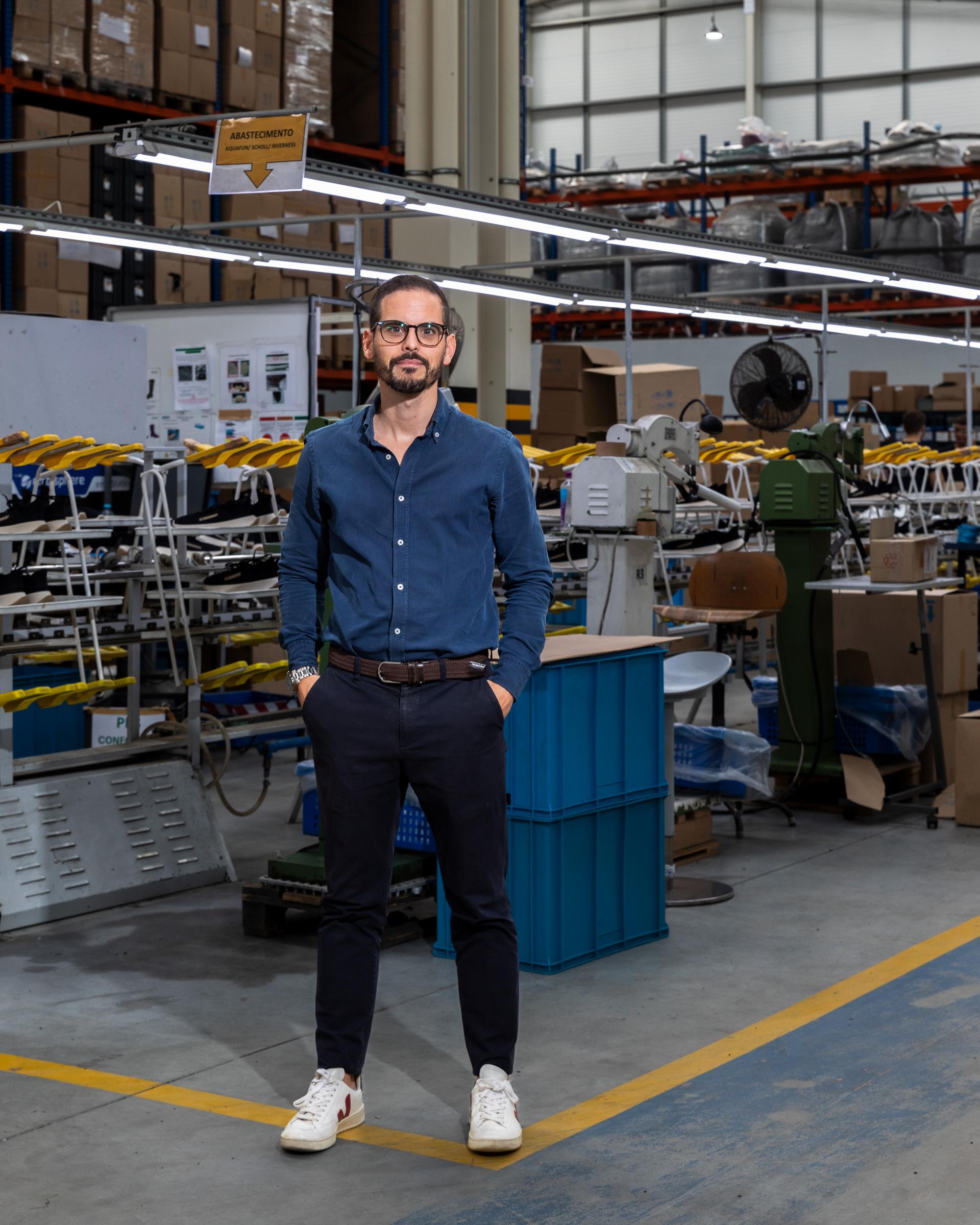Portugal’s shoe valley is moving upmarket – Technologist
“This machine is worth €1 million. This one is €600,000. One by one, Ruben Duarte pointed to Aloft’s latest investments, before crossing the threshold of this factory built in 1994, in the countryside of Canidelo, north of Porto, in Portugal. “There, you see, we could install more,” said the sales manager, pointing to an empty hangar and a wasteland on the edge of a eucalyptus forest swept by the wind from the Atlantic Ocean.

Aloft runs some 30 machines to mold soles in rubber or recycled plastic. Boots, too, by the millions, for Decathlon since 2017. The most recent equipment, the eBlast, produces soft soles, from nitrogen-blown foam. This semi-automatic machine, a carousel of 24 molding stations controlled by a single operator, is the pride and joy of Pedro Joaquim Castro, Aloft’s CEO. It was financed, he pointed out, by obtaining public aid “up to 30%,” thanks to the Portuguese recovery plan, adopted after the Covid-19 crisis and supported by the European Union.
By 2030, the federation of Portuguese footwear producers (APICCAPS) estimates that €600 million will be invested in the sector, which employs over 33,000 people in 1,171 companies. This is a tangible sign of the modernization of the Portuguese industry. Half of this sum will come from European funds, the rest from companies.
Known for its leather models, the country has been Europe’s second-largest footwear producer since 2022, behind Italy and ahead of Spain, said APICCAPS spokesman Paulo Alexandre Gonçalves. In 10 years, sales volumes have increased by 14.4%. The Made in Portugal logo will appear on 85 million pairs of shoes by 2022.
Meeting orders ‘within three months’
This is still a drop in the bucket compared to the 24 billion pairs produced worldwide each year, mostly in China and Vietnam. But the Lusitanian industry benefited from renewed interest in 2021, during the Covid pandemic and Chinese lockdown, with several brands abandoning Asian subcontractors. “Orders poured into our factories,” recalled Fernanda Moreira, president of the Shoe and Leather Goods Workers’ Union (SNPIC).

Clearly, the sector benefits from low labor costs, with a minimum monthly wage of €820, among the lowest in the eurozone. Producing in Portugal also enables French brands to reduce their environmental footprint, as the country’s electricity comes mainly from renewable sources. Above all, the sector can meet orders ”within three months,” said Charles Fourmaux, co-founder of the Balzac Paris brand.
You have 71.62% of this article left to read. The rest is for subscribers only.


